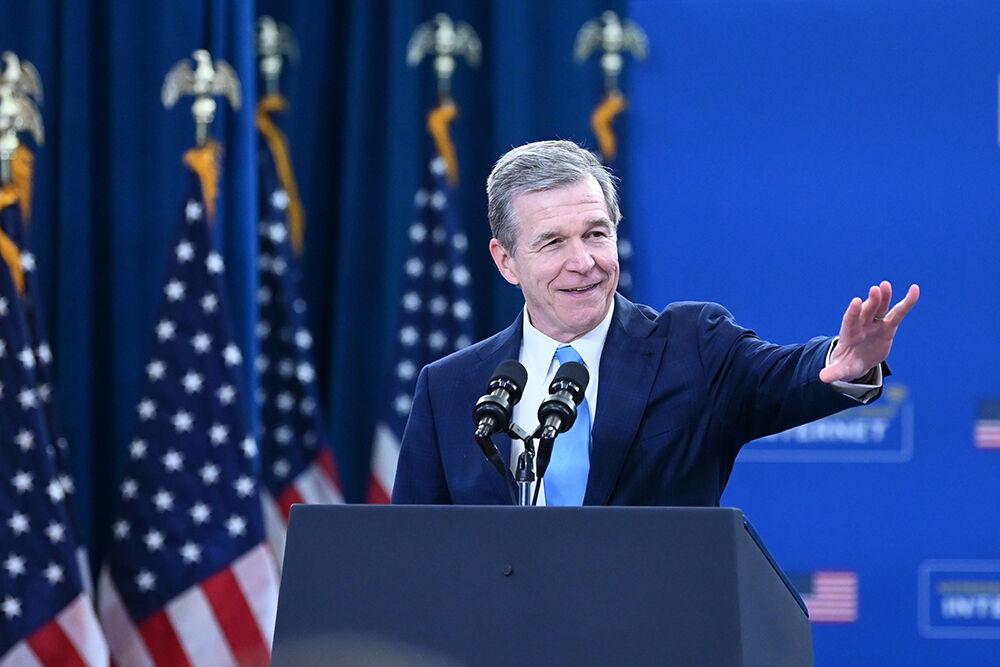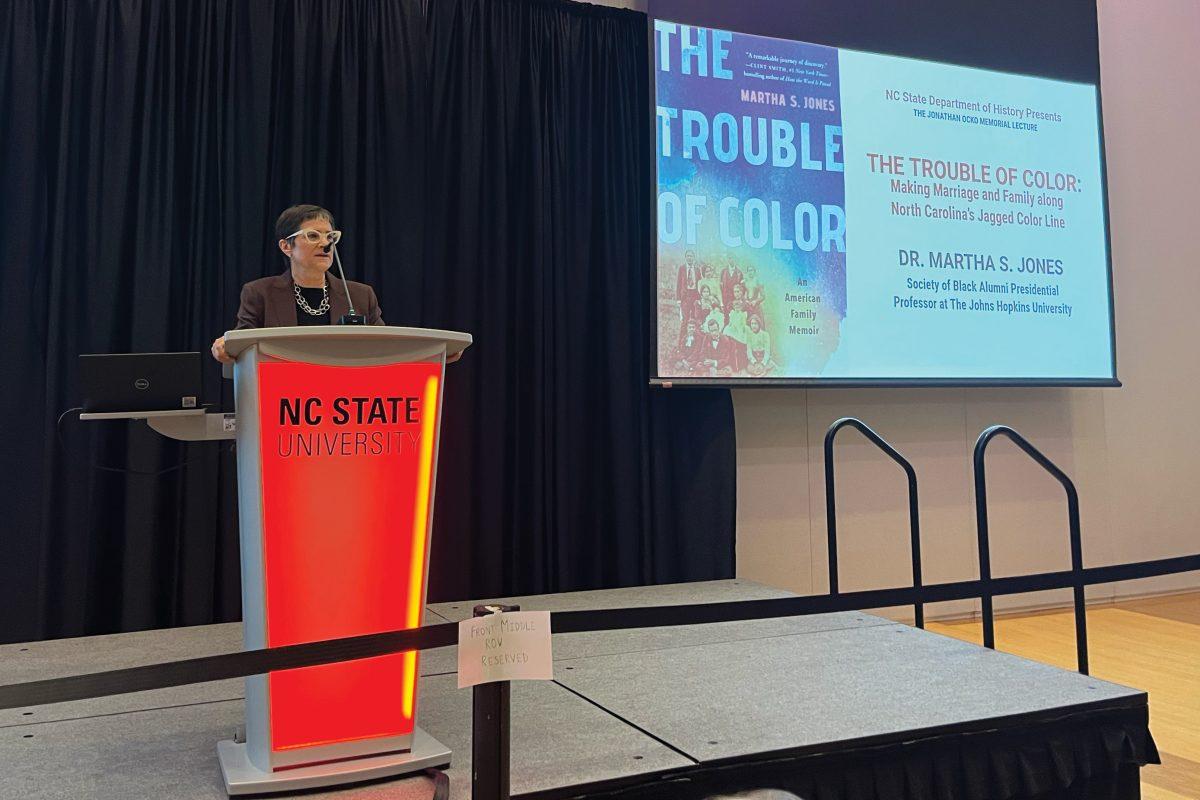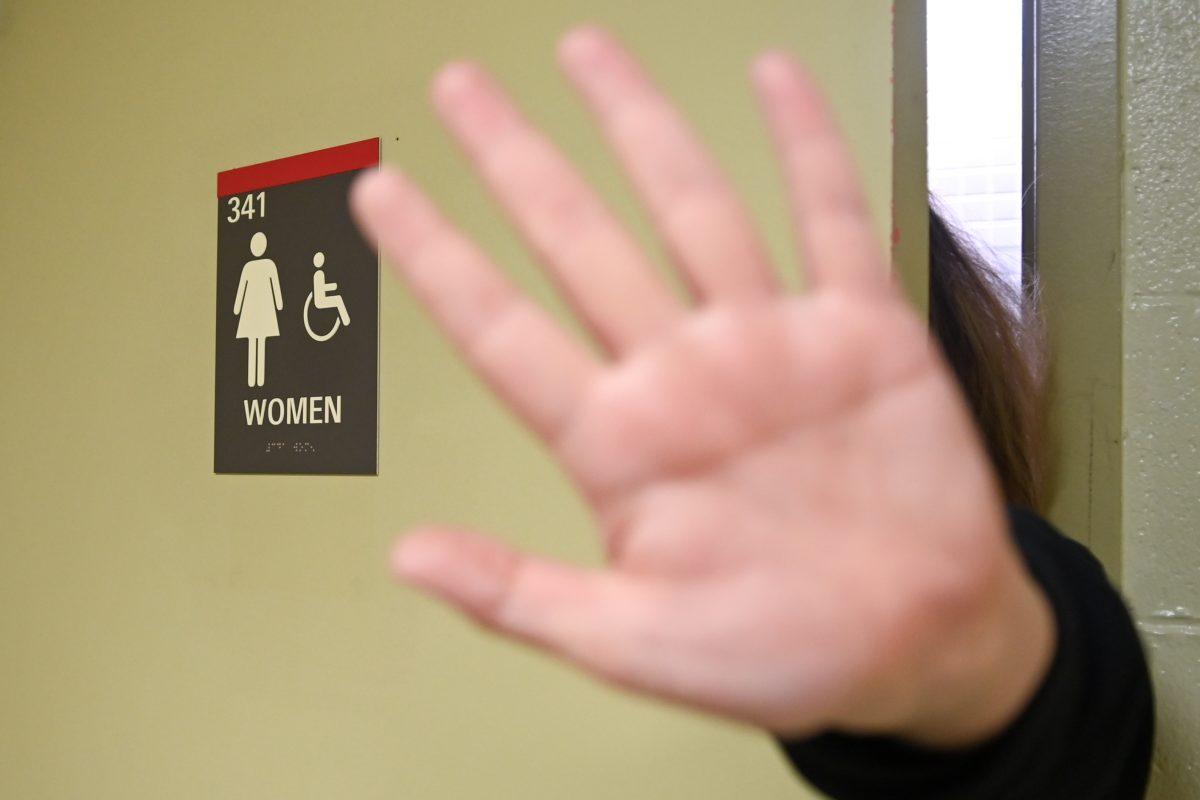Technician sat down with North Carolina Gov. Roy Cooper to discuss young voters in the 2024 election, the impact of the Israel-Hamas war on voter decisions, the UNC System Board of Governors and more. Cooper is in the final year of his second term as North Carolina’s governor.
The following interview has been edited slightly for clarity and brevity.
Technician: Coming out of Super Tuesday just yesterday, elections are on the mind for many. For North Carolina, and young voters specifically, what’s at stake at the polls in November?
Gov. Roy Cooper: Young voters in North Carolina, they believe in voting rights. They want to fight discrimination. They want to make sure that we take steps to fight climate change. They believe strongly in public education. They want to reduce gun violence. There are so many issues that young people can make a real difference on because there has never been a bigger difference in candidates who are going to be on the ballot in November.
I think a lot of people have had trouble wrapping their minds around the fact that this is actually going to be a Biden-Trump rematch. … And there is going to be a stark choice there, particularly for young people who care about these issues. Joe Biden believes in those things and is fighting everything, every day for those things. And this will be a choice that young people, if they get out to vote, can make the difference in what will be a very close race. I think democracy itself is on the ballot this time.
So I’m hoping that young people will engage. I understand how frustrating the political landscape is. I understand the feeling that my vote really doesn’t matter. There are a couple of old guys on the ballot and what are they really going to do to affect my life?
But the bottom line here is both at the national level and the state level, there is vast contrast between the gubernatorial candidates and the presidential candidates and, when you look on down the line, a big difference in the lieutenant governor candidates and the attorney general candidates and the superintendent of public instruction candidates that administers public education in North Carolina. You got extreme right wing Republicans who are running and want to take this state and a different direction. So young people, I encourage you to examine these candidates. Get engaged. A lot of you already are.
Technician: Another issue that is on a lot of voters’ minds right now is the Israel-Hamas war. And right here in the Triangle, we’ve considered ceasefire resolutions, and we’ve seen in primaries over the past month that the conflict is having a very real effect on how Americans and young people are voting. How do you think that will affect elections in November?
Cooper: Well, first, it’s wonderful to live in a democracy when people’s voices can be heard and they’re unafraid to protest. In many countries, that’s not the case. That being said, this war is devastating. We’re seeing innocent civilians killed. I think President Biden knows that.
What you have is a terrorist organization, Hamas, that runs Gaza, who invaded Israel and committed atrocities, still holds hundreds of people hostage. At the same time, in Israel’s attempts to defend itself and to rid itself from Hamas, you’re seeing devastating consequences to civilians, women and children. I know that the president is working very hard toward a ceasefire, toward providing aid to Gaza, and that there’s so much hard work going on behind the scenes and now even more publicly, to make sure that the hostages are released, and to make sure that peace is brought to this area of the world.
There needs to be a two-state solution here. We need the Arab countries to come together. But I do know that this Biden administration will work hard toward peace. You’re not going to see that from Donald Trump, who talks about how much he admires dictators across the world. That’s not going to be the solution to this.
Technician: On a state level and the state of higher education in North Carolina, the UNC System Board of Governors right now is in discussions about and instating Foundations of American Democracy student learning outcomes, which would require students to learn about founding American documents and also later American documents such as the “Emancipation Proclamation,” and “Letters from a Birmingham Jail.” In your mind, what need, if any, would that sort of continuing civics education fill?
Cooper: Well, first, I believe that North Carolina has the greatest array of public and private universities in the country. NC State is a shining star in that array. That being said, I’m concerned about university governance in North Carolina for our public system, when all of the control rest in the Republican legislature are choosing members of the Board of Governors, and the Boards of Trustees at each of these universities, then you only get a myopic point of view, and you don’t get diverse points of view.
I had Margaret Spellings and Tom Ross, two former presidents at the university system, put together a task force, and they issued a report that I would recommend to you on how government of our universities should be chosen. And this is a way that’s fair and bipartisan and ensures that whatever political storm we’re having, that the university can help to hold its ground.
You know, the Board of Governors should be looking at broad range planning for our universities and our strategic goals moving forward. They need to leave the administration to the universities, to the chancellors, to the provost, to the faculty, to make sure that there is academic freedom throughout campus. All of those things are certainly important. But the academic freedom that we have seen at our university campuses made us rise above other states. I want to maintain that, and I’m concerned with the actions of this Board of Governors that seems to want to try to control details of what’s happening in our universities.
Technician: Yeah, in the Board of Governors is definitely something that, especially with Chancellor Woodson’s contract up in the next couple of years, is something that is very impactful to students. But they can often feel a little bit distant from students. Could you say a little bit more about what you specifically think students should understand about those concerns about political barriers?
Cooper: Well, first, students need to make their voices heard, and having been on college campuses as a student myself and being a part of the student government, it is important for students to let the administration have their opinions on these things. But I think that the bottom line here is that students need to get out and vote, and they can have an effect on governance of the university. For example, I’m supporting Josh Stein for governor to follow me. I’m also working to elect more Democratic legislators to the state legislature.
If the supermajority can be broken, and Josh Stein can have an effective veto, then there could be a leveraged agreement where change in university governance could occur because Democrats support this change. And I think a lot of Republicans out in the state and across the country are concerned about the direction of our university. They also support these changes.
So the very best way to affect this is to get out and vote and make sure you were voting for candidates who care about public education. And if you examine a number of these Republican platforms, you will see private school vouchers for the wealthy. You’ll see wanting to come in and micromanage what’s happening on our campuses and install culture wars, which we don’t need. Our teachers in our public schools are trying to teach reading and science and math. They’re not trying to indoctrinate anybody. These are conspiracy theories that are put out there in order to shake people’s confidence in public schools. And we don’t need that kind of leadership in North Carolina. It does not reflect North Carolina values.
Technician: To wrap up, on a more personal note, you’re coming to the end of your second term as North Carolina’s governor. What’s next for you?
Cooper: Well, first, I’m going to enjoy every single day as governor and make sure I get things done. We’re signing up 1,000 people a day for Medicaid expansion. Working adults in North Carolina never had health insurance. We’re actually using the Biden administration’s massive generational investment in infrastructure to connect people to high speed internet who have never had it before.
We’re actually connecting people to clean water systems in forgotten rural counties. I’ll never forget being down in Sampson County and having people come up to me with tears rolling down their cheeks that now their clothes won’t turn yellow when they wash them, now they don’t have to boil water. There’s now actually an investment to get them clean water and wastewater systems. Those are the kinds of things that I am doing right now, implementing these generational investments that are being made at signing up people for Medicaid.
I’m also working to make sure people understand what’s happening in our public schools, and that we’ve got to do a lot better. I declared 2024 the year of public schools. I’m visiting public schools almost every week and letting parents and businesses know how important education is.
When I got elected, we were in the culture war battlefield of the bathroom bill and people were leaving North Carolina. Now we have record numbers of jobs. We’ve been first in business for two years in a row across the country. My warning to people is that we won’t continue to be first in business if we become last in education. The CEOs I talked to recognize the importance of investment in education and training and having that diverse, dedicated, educated workforce in order to keep their economy growing here.
So I’m going to continue to work those things every single day. After that, I really don’t know at this point. I love public service. I think there’ll be a lot of opportunities for me. And when that time comes, we’ll see.












